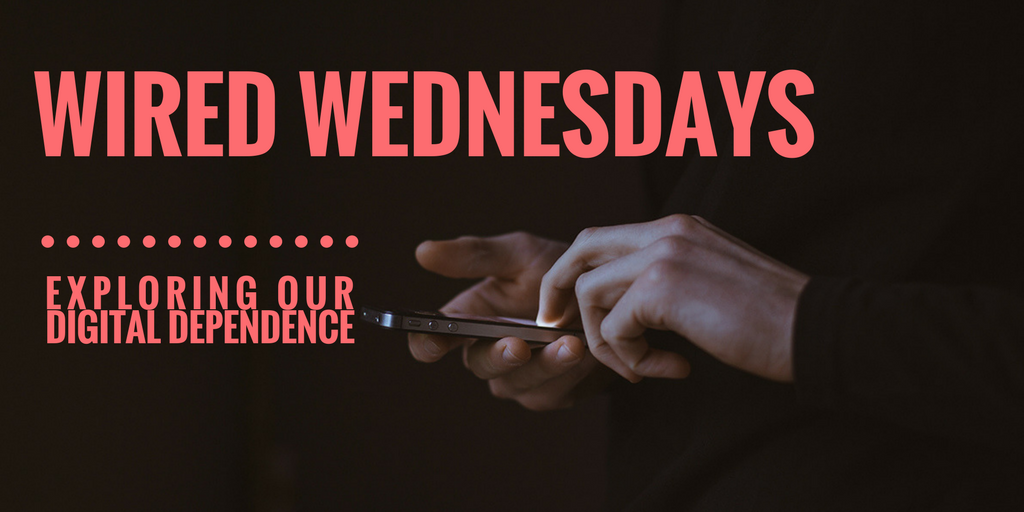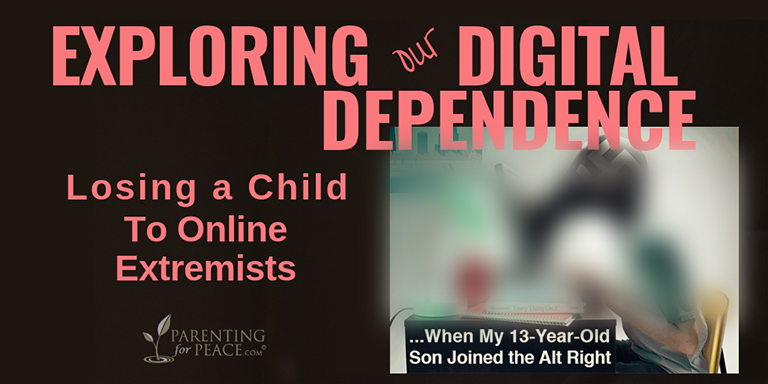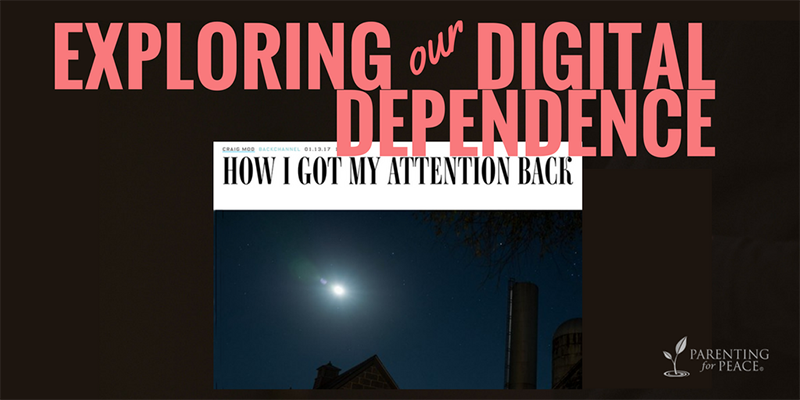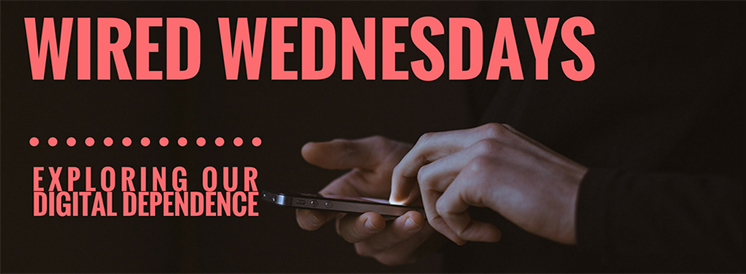
![]()
I’ve been doing “Wired Wednesday” for a couple years now, writing about various concerns related to our collective digital dependence. Over that time, yes, I have become more mindful about some of my own digital dependencies. Yes, I (most nights) disable WiFi so we can sleep free of excess EMF exposure. Yes, my basic hygiene includes not looking at my smartphone when someone is speaking to me (and encouraging the same courtesy from them). But no, I have not jumped ship from Facebook.
All I can say is, if you’re a Facebook user, regardless of how infrequently, take a look at this Slate article by Katie Day Good: “Why I Printed My Facebook.” It simply describes what Good found when she decided to download and print out her entire Facebook dossier. It totaled 10,057 pages, 4,612 of which were nothing but “disembodied ‘likes'” that Good chose not to print.

 When my book Parenting for Peace came out in 2012, the handheld device revolution hadn’t yet reached its tipping point, so smartphone brain wasn’t yet a thing.
When my book Parenting for Peace came out in 2012, the handheld device revolution hadn’t yet reached its tipping point, so smartphone brain wasn’t yet a thing.


 Creeping along a clogged-up patch of the 101 freeway on a recent trip to Los Angeles, I was gob-smacked to see how many drivers around me were flagrantly texting – nothing covert or sneaky about it! Phones were right up in front of their faces, and apparently their one free hand — or maybe a knee — was steering.
Creeping along a clogged-up patch of the 101 freeway on a recent trip to Los Angeles, I was gob-smacked to see how many drivers around me were flagrantly texting – nothing covert or sneaky about it! Phones were right up in front of their faces, and apparently their one free hand — or maybe a knee — was steering. In the remote forest community where I live, none of those mitigating circumstances apply on the 2-lane mountain highway we all must drive to go anywhere. To the left is a particularly infamous little section called The S-Curves. But in reality, the entire road out of our village features continuous blind curves and therefore solid double yellow lines all the way.
In the remote forest community where I live, none of those mitigating circumstances apply on the 2-lane mountain highway we all must drive to go anywhere. To the left is a particularly infamous little section called The S-Curves. But in reality, the entire road out of our village features continuous blind curves and therefore solid double yellow lines all the way.



